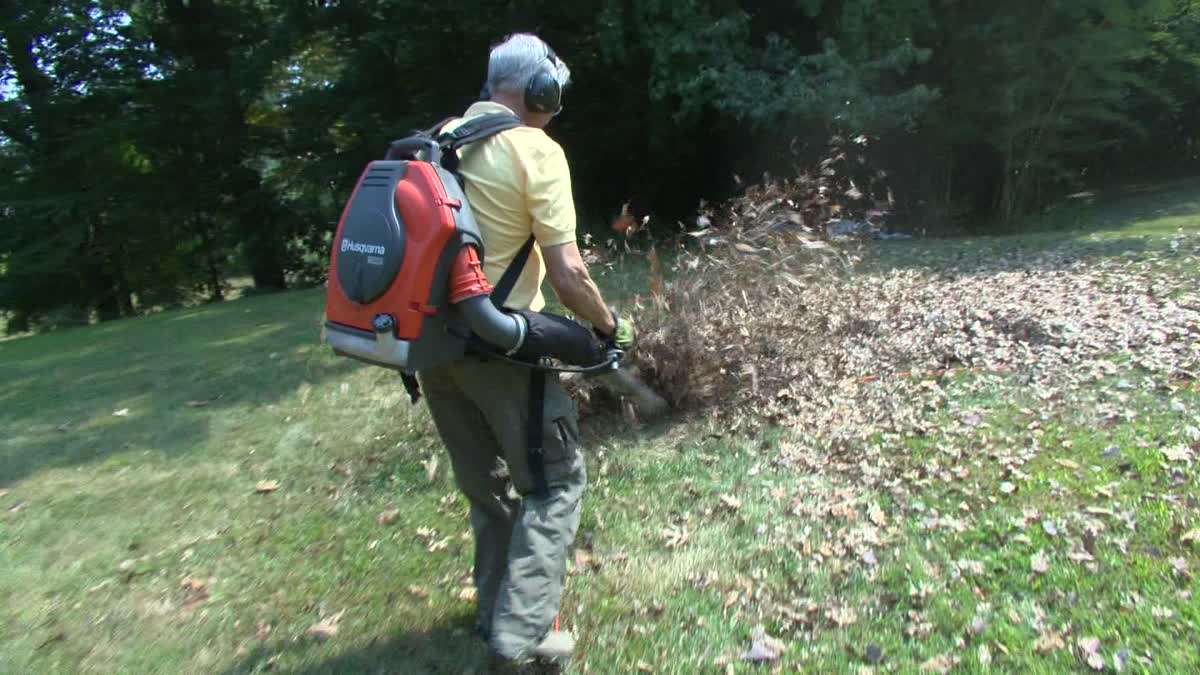With the spread of several new subvariants of omicron, Chicago’s top doctor is offering advice to residents in the event that they test positive for COVID-19.
Speaking during her weekly “Ask Arwady” session, Chicago Department of Public Health Commissioner Dr. Allison Arwady offered her advice for residents who may test positive for COVID in coming weeks and months, including the very first thing they should do after that diagnosis.
“Let your health care provider know,” she said. “If you have COVID, we want them to be aware of it in case you need treatment, especially if you are at higher risk.”
Those residents who are at higher risk of severe infection because of underlying conditions and other factors can potentially be prescribed medications that could help lower that risk, and Arwady says that decisive action after a COVID diagnosis is key.
Feeling out of the loop? We'll catch you up on the Chicago news you need to know. Sign up for the weekly Chicago Catch-Up newsletter here.
“If you are someone at high-risk, we want you to get those treatments, which drop your risk of hospitalization by 80-to-90%,” she said.
Several subvariants of omicron, including BA.4 and BA.5, have shown an increased propensity for getting around a patient’s immunity to the virus, whether that comes from a previous infection or from a COVID vaccine.
Neither variant has shown an increase in hospitalizations or serious illness among vaccinate populations, and Arwady says that those individuals are “very unlikely” to get seriously ill with the virus.
News
The commissioner also urged residents who test positive to immediately begin wearing a mask when around others within their homes, and to adhere to the CDC’s guidelines on isolation.
“It was the first order that we issued during the pandemic: the number one thing is to stay at home if you’re sick,” she said.
Arwady also suggested letting employers know about a COVID diagnosis, as individuals who test positive for COVID can spread the virus for several days prior to exhibiting any symptoms.
Equally important, Arwady says that no one should feel ashamed or embarrassed to contract COVID-19.
“There is a lot of COVID around right now, and the last thing I want is for people not to want to test because they don’t want to know the answer. That doesn’t help anybody,” she said. “The first thing is not to feel guilt, shame, or have huge amounts of worry.”



